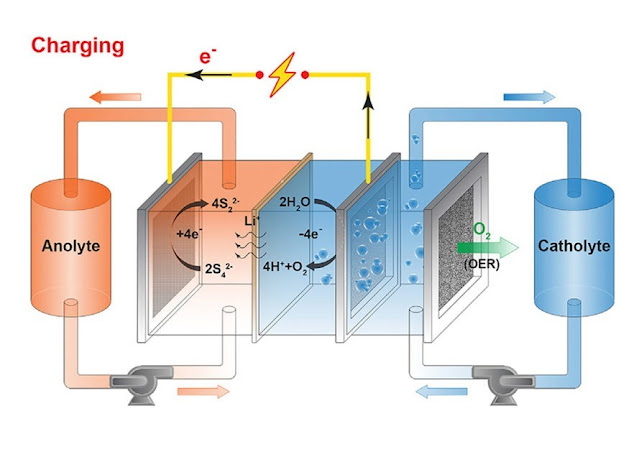The
pharmacogenomics market involves understanding how an individual's genetic
inheritance affects his ability to respond to drugs. It combines pharmacology
and genomics to develop effective, safe medication and drug dosage personalized
to an individual's genetic makeup. Pharmacogenomics testing helps determine the
most suitable drug, its dosage and duration to maximize effectiveness and
minimize adverse reactions.
The Global pharmacogenomics market is estimated to
be valued at US$ 1.9 Mn in 2024 and is expected to exhibit a CAGR of 12% over
the forecast period 2024 to 2030.
Key Takeaways
Key players operating in the pharmacogenomics market are Daimler AG, Ford Motor
Company, Renault SA, Ashok Leyland Ltd, VE Commercial Vehicles Limited, Tata
Motors Ltd, SML Isuzu Limited, GM Group, Mahindra & Mahindra Ltd,
Volkswagen AG, Toyota Motor Corporation and Stellantis NV. Key players like
Daimler AG are focusing on developing genetic testing to personalize treatment
for conditions like cancer and heart diseases.
The growing awareness about advantages of p
Pharmacogenomic
Market Size testing in precision medicine offers significant
opportunities for market players. Pharmacogenomics helps reduce trial and error
in drug development and saves billions in drug development costs annually.
Technological advancements like high-throughput sequencing and microarray
analysis have accelerated pharmacogenomics research activities.
Market Drivers
The increasing geriatric population globally is one of the key drivers for the
pharmacogenomics market. Older adults often have multiple chronic conditions
requiring complex drug regimes. Pharmacogenomics helps reduce adverse side
effects in elderly patients and improves drug efficacy. Secondly, the rising
prevalence of lifestyle diseases like cancer, cardiovascular disorders and
diabetes is also fueling market growth. Pharmacogenomics assays can help
determine the most suitable medication and dosage to effectively treat such
diseases based on a person's genetic profile.
Current
challenges in Pharmacogenomics Market
The pharmacogenomics market is currently facing various challenges which need
to be addressed for realizing its true potential. Lack of awareness about the
benefits of pharmacogenomics among patients as well as physicians is a major
roadblock. There are also concerns regarding legal and ethical issues involved
in genetic testing and data privacy. Implementation of pharmacogenomic testing
in clinical practice requires overcoming issues related to regulatory
guidelines, reimbursement policies and clinical validation. High costs
associated with genetic testing and need for specialized infrastructure and
skilled workforce are other significant challenges.
SWOT Analysis
Strength: Rapid advancements in genomics and bioinformatics technologies.
Growing focus on precision medicine approach.
Weakness: Lack of standardized guidelines and protocols. Ethical and legal
concerns regarding genetic data privacy.
Opportunity: Scope for pharmacogenomic guided drug development. Potential to
reduce adverse drug reactions and healthcare costs.
Threats: Issues related to regulatory approvals and reimbursement policies.
Competition from alternative treatment options.
In terms of value, North America dominated the global pharmacogenomics market
in 2023. This can be attributed to growing adoption of personalized medicine
approach in the region along with widespread adoption of direct-to-consumer
genetic testing. The Asia Pacific region is expected to be the fastest growing
regional market during the forecast period from 2024 to 2030 fueled by
increasing healthcare spending, rising awareness about genetic disorders and
growing population. Countries like China, India and South Korea are likely to
offer lucrative opportunities for market players in the coming years.
Get more insights on – Pharmacogenomics
Market
Explore
Related Articles- Bone
Marrow Transplant Market
About Author:
Ravina Pandya, Content Writer, has a strong foothold
in the market research industry. She specializes in writing well-researched
articles from different industries, including food and beverages, information
and technology, healthcare, chemical and materials, etc. (https://www.linkedin.com/in/ravina-pandya-1a3984191)




Comments
Post a Comment